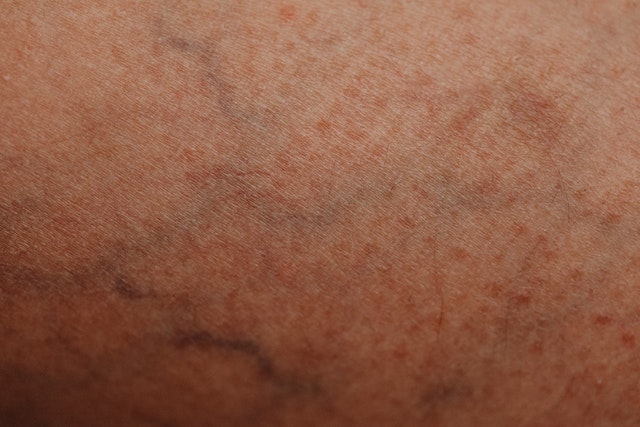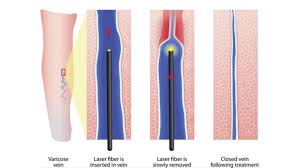Is radiofrequency ablation an alternative to vein stripping? If you’re struggling with varicose veins, you may have heard of traditional vein stripping surgery, which involves removing the affected veins through incisions in the skin. While effective, this surgery can be painful and require a lengthy recovery period. Fortunately, there’s an alternative: radiofrequency ablation (RFA). This minimally invasive procedure uses radiofrequency energy to seal off varicose veins, providing relief without the need for surgery. Here’s what you need to know about RFA and how it can help you.

What is Radiofrequency Ablation (RFA)?
Radiofrequency ablation, or RFA, is a minimally invasive procedure that uses radiofrequency energy to seal off varicose veins. The procedure is typically performed in an outpatient setting and requires only local anesthesia. During the procedure, a small catheter is inserted into the affected vein through a tiny incision. The catheter delivers radiofrequency energy to the vein, heating it up and causing it to collapse and seal shut. Over time, the vein is absorbed by the body, and blood is rerouted to healthy veins.
What are the Benefits of RFA?
There are several benefits to undergoing radiofrequency ablation for varicose veins, including:
- Minimally invasive: RFA is a minimally invasive procedure that requires only local anesthesia and no downtime.
- Effective: RFA is a highly effective treatment for varicose veins, with success rates ranging from 90% to 98%.
- Fast: The procedure usually takes only about 30 to 45 minutes to complete.
- No scarring: Because the procedure is minimally invasive, there is no scarring or visible marks left behind.
- Long-lasting results: Most patients experience significant improvement in their varicose veins after just one treatment, with results lasting for several years.
What Should I Expect During the Procedure?

During the procedure, your vascular surgeon will insert a small catheter into the affected vein through a tiny incision. The catheter delivers radiofrequency energy to the vein, heating it up and causing it to collapse and seal shut. Most patients experience little to no discomfort during the procedure, which typically takes only about 30 to 45 minutes to complete.
What is the Recovery Like After Radiofrequency Ablation?
Because RFA is a minimally invasive procedure, there is little to no downtime. You may be able to return to your normal activities immediately after the procedure. However, your doctor may recommend that you avoid strenuous activity and heavy lifting for a few days after the procedure. You may also be advised to wear compression stockings for a few weeks to help with healing and reduce the risk of complications.
Is RFA Right for Me?
RFA is an excellent treatment option for many people who are struggling with varicose veins. However, not everyone is a candidate for the procedure. Your vascular surgeon will perform a thorough evaluation of your condition to determine if RFA is right for you. Factors that may influence whether or not you are a good candidate for the procedure include the severity of your varicose veins, your overall health, and any medications or medical conditions that you may have.
Radiofrequency Ablation Alternative to Vein Stripping: Contact Dr. Norman Chideckel
If you’re looking for an effective and minimally invasive treatment option for your varicose veins, radiofrequency ablation may be right for you.
Dr. Norman Chideckel of the Vascular Surgery & Vein Center in New York City offers this advanced treatment option to those dealing with troubled veins. Call today to schedule free consultation.
Vascular Surgery & Vein Center
108 East 96th Street, Front 1
New York, NY 10128
212-993-6133
About Us




